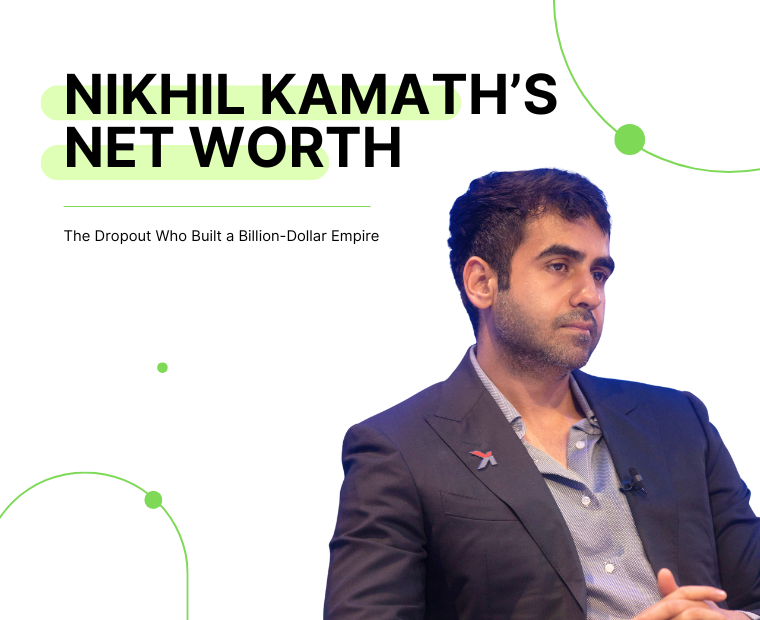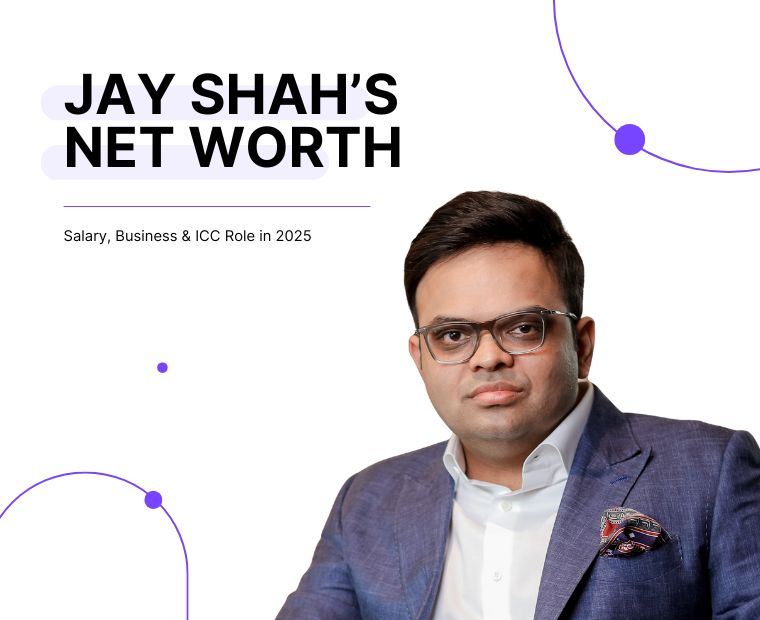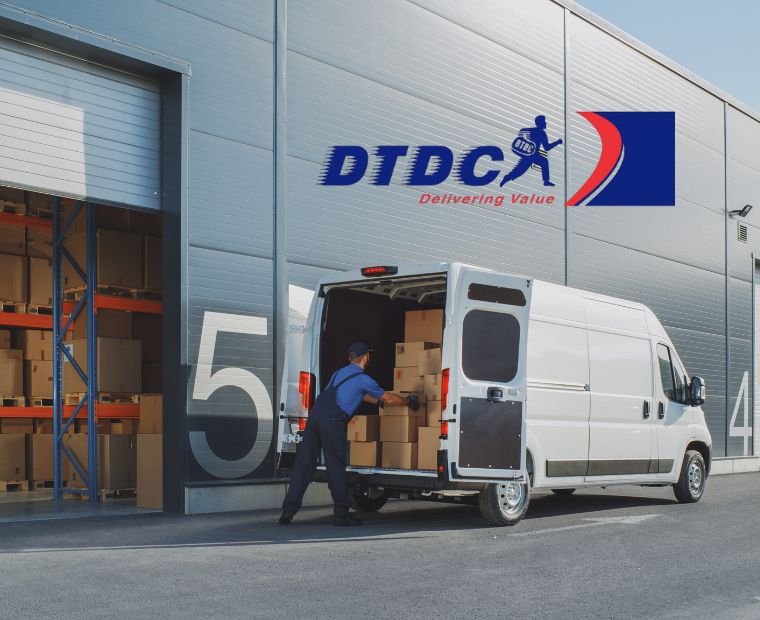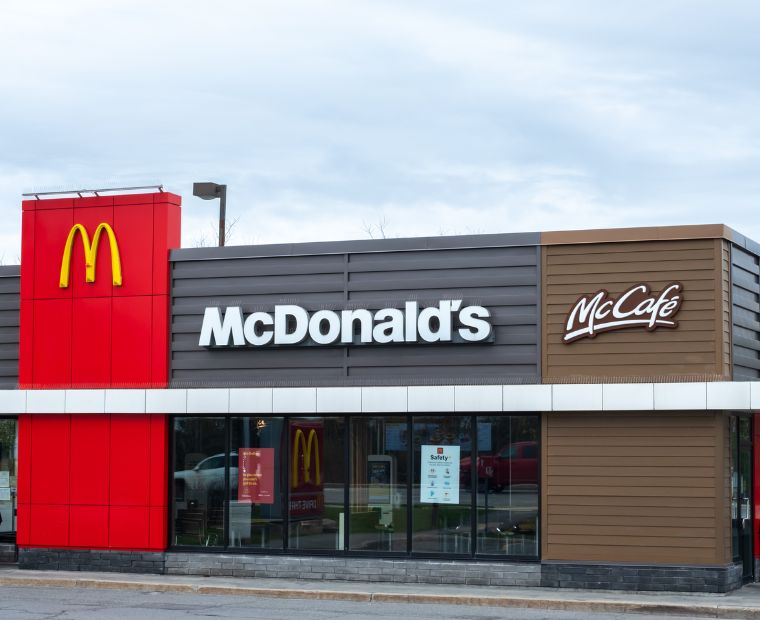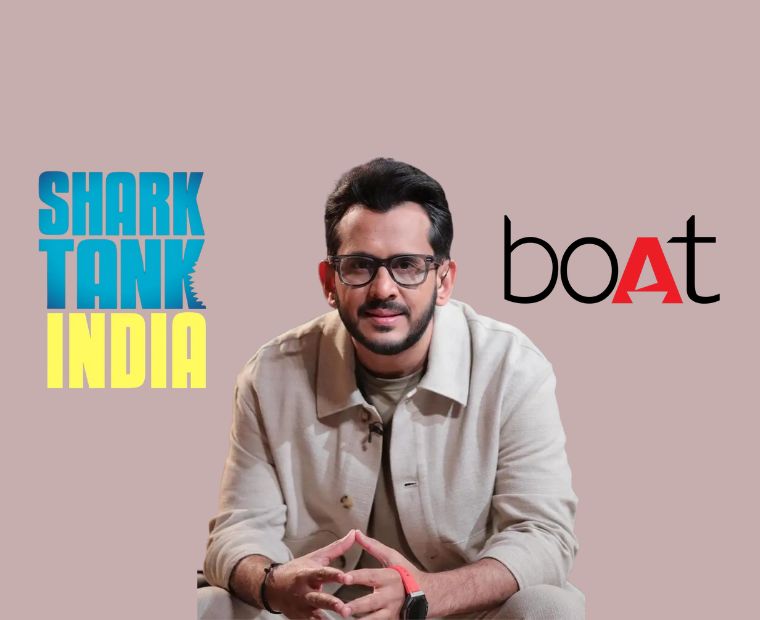Burger King Franchise in India: A Complete 2025 Guide for Aspiring Entrepreneurs


Table of Contents
Modified On:
Looking to open a Burger King franchise in India? Learn about the cost, profit margin, application steps & everything you need to know to get started.
Ever thought about what it’s like to run a business that millions already love? With a flame-grilled Whopper on every other craving list, Burger King has become a fast-food favourite across India.
According to a report, the Indian fast-food industry is expected to grow at a CAGR of 7.3%, reaching USD 47,768.4 million by 2032. And leading this fast-food revolution is Burger King.
But the question is, how can you be part of this success story? By owning a Burger King franchise, you get the chance to build something big with a brand that’s already winning hearts. That’s what this blog is all about!
From the USA to India: A Quick History
Burger King was founded in 1954 in Florida. From being a small local burger joint to becoming the second-largest burger chain globally, it’s a journey of epic bites and business wins!
In India, the first store popped up at Select Citywalk, Delhi, in 2014. Since then, it’s been winning awards, rolling out new products like the "Maharaja Whopper" and adapting perfectly to Indian tastes.
Understanding the Burger King Franchise Model in India
First things first, let's clear up a common misconception. You can't just walk up to Burger King's global headquarters and ask for a single franchise in your city. In India, the Burger King franchise operates on a master franchisee model.
So, who's the kingmaker?
A company called Restaurant Brands Asia Ltd. (RBA). They hold the exclusive national master franchisee rights to develop, establish, operate, and franchise Burger King restaurants across India.
It means that instead of dealing with the global Burger King Corporation, your point of contact and potential partner is RBA.
They are the ones spearheading the brand's explosive growth, which has seen it expand to hundreds of outlets since its entry in 2014.
The Burger King franchise model in India is less about individual store ownership and more about large-scale development partnerships.
The Burger King Franchise Cost
Alright, let's get down to facts!
Launching a Burger King outlet is a significant investment. While RBA handles the direct development, understanding the associated costs gives you a clear picture of the capital required for such a venture.
The total investment to get a Burger King restaurant up and running can range anywhere from ₹5 crore to ₹10 crore.
This is a wide range because costs depend heavily on the city, location (mall food court vs. high-street standalone) and the size of the outlet.
Here’s a general breakdown of where that money goes:
Note: The total varies depending on location and operational factors like staff salaries and rent.
Save money for a golden future with digital gold savings on Jar.
Burger King Franchise Profit Margin
Now for the question that's on everyone's mind: how much money can you actually make?
The Burger King franchise's profit margin is one of its most attractive features.
While profits are never guaranteed and depend on factors like sales volume and operational efficiency, the numbers are promising.
- Daily Sales: An average Burger King outlet in a decent location can pull in daily sales of ₹20,000 to ₹30,000 and often much more.
- Monthly Profit: After deducting all operational costs, including rent, salaries, inventory and royalties, a franchisee can potentially look at a net profit of ₹3 lakh to ₹4 lakh per month.
The return on investment (ROI) period for such a venture is typically estimated to be between 3 and 5 years. Given the high initial investment, this is a solid turnaround time.
Steps to Apply for a Burger King Franchise
As we've established, the process in India is different. You likely won't find a simple Burger King franchise application form for a single unit on their website.
The route to owning a Burger King franchise here is through a corporate partnership with Restaurant Brands Asia Limited.
Here’s a more realistic roadmap for a serious investor:
Step 1: Do Your Homework
First, assess your capabilities.
Do you have a net worth of at least ₹15 crore and liquid assets of around ₹10 crore? Do you possess multi-unit restaurant or retail management experience?
RBA looks for serious partners with a proven track record.
Step 2: Make a Professional Approach
You need to contact Restaurant Brands Asia Limited's corporate office in Mumbai. Look for their business development or investor relations departments.
Forget generic "I want a franchise" emails. This is a corporate-level conversation.
Be wary of third-party websites claiming to offer Burger King franchises. Always go through the official master franchisee, RBA.
Step 3: Prepare a Solid Business Proposal
You will need to present a comprehensive plan that outlines your financial capabilities, your understanding of the market and your proposed development plan for a specific territory.
Step 4: Due Diligence
If they like your proposal, things get serious from here. RBA will conduct extensive background checks on your financial and business history. This is also your chance to do your own due diligence.
Step 5: Signing the Dotted Line
If you clear all the hurdles and a viable partnership is established, you will proceed to the legal stage.
This is where you will sign the Burger King franchise agreement, a detailed document outlining all the terms, conditions, rights and obligations of your partnership.
Reasons to Own a Burger King Franchise
Still on the fence? Here are a few key reasons why partnering with Burger King is a fantastic opportunity:
- Unbeatable Brand Power: The Burger King logo is a magnet for customers. You don't need to build brand awareness; it's already there.
- Menu That Clicks with India: From the classic Whopper to a wide range of vegetarian options like the Veg Whopper and Paneer Royale, BK has masterfully adapted its menu for the Indian palate.
- World-Class Support: You will not be doing this alone! RBA provides comprehensive support, including site selection, operational training, supply chain management and powerful national marketing campaigns.
- A System That Just Works: You're investing in a business model that has been tried, tested and perfected over decades across the globe.
Documents Required for Owning Burger King Franchise
To enter into a business partnership of this magnitude, you will need the following documents. Be prepared to present:
- Detailed business and personal financial statements for the last 3-5 years
- Proof of liquid assets and net worth
- Official documents of your business entity (Certificate of Incorporation, etc.)
- PAN cards and ID proofs of all directors/partners
- FSSAI License
- A comprehensive business plan for your proposed development area
- Any documents related to properties you may own or lease for the outlets
- GST Registration Certificate
Learn all about the GST registration process.
The Bottom Line
In just under a decade, Burger King has become a full-blown emotion for many in India. Be it a first date, a squad meet-up or a solo binge session, BK fits in effortlessly.
However, investing in a Burger King franchise in India is a major league play. It demands substantial capital and a commitment to upholding the high standards of a global giant.
For the right investor, this is a chance to build a legacy. If you have the vision and the resources, the throne of the burger world could be yours for the taking.
Frequently Asked Questions
1. What are the basic requirements to start a Burger King franchise?
To qualify, you need a minimum net worth of ₹10-15 crore in liquid assets. Prior experience in retail or F&B helps, though it is not mandatory.
You will also need access to a commercial space in a high-footfall area and a solid business plan.
2. What ongoing expenses should I be aware of if I am to invest in a BK outlet?
Expect recurring costs like royalty fees (4% of gross sales), staff salaries, marketing expenses, rent, maintenance, insurance and utilities.
These operational costs can affect your profit margin, so careful financial planning and strong daily sales are essential for long-term sustainability.
3. What is the estimated Burger King franchise cost in India?
Starting a Burger King franchise in India typically costs between ₹5 crore to ₹10 crore, depending on location, outlet size and setup.
This includes franchise fees, interior decor, equipment, licensing, staffing and initial working capital.
4. Where can I find the Burger King franchise application form?
You won't find a simple online form for this. Since it is such a massive investment, you don't just "apply" in the way you would for a job.
Instead, you need to professionally contact the main company, Restaurant Brands Asia, with a detailed business plan.
5. What's the Burger King franchise's profit margin?
A well-run Burger King in a busy location can potentially make a profit of around ₹3 to ₹4 lakh every month.
Although this all depends on your sales and how well you manage your daily expenses, the potential for a great income is definitely there.

Save Money in Digital Gold

.svg)







.png)
.png)





